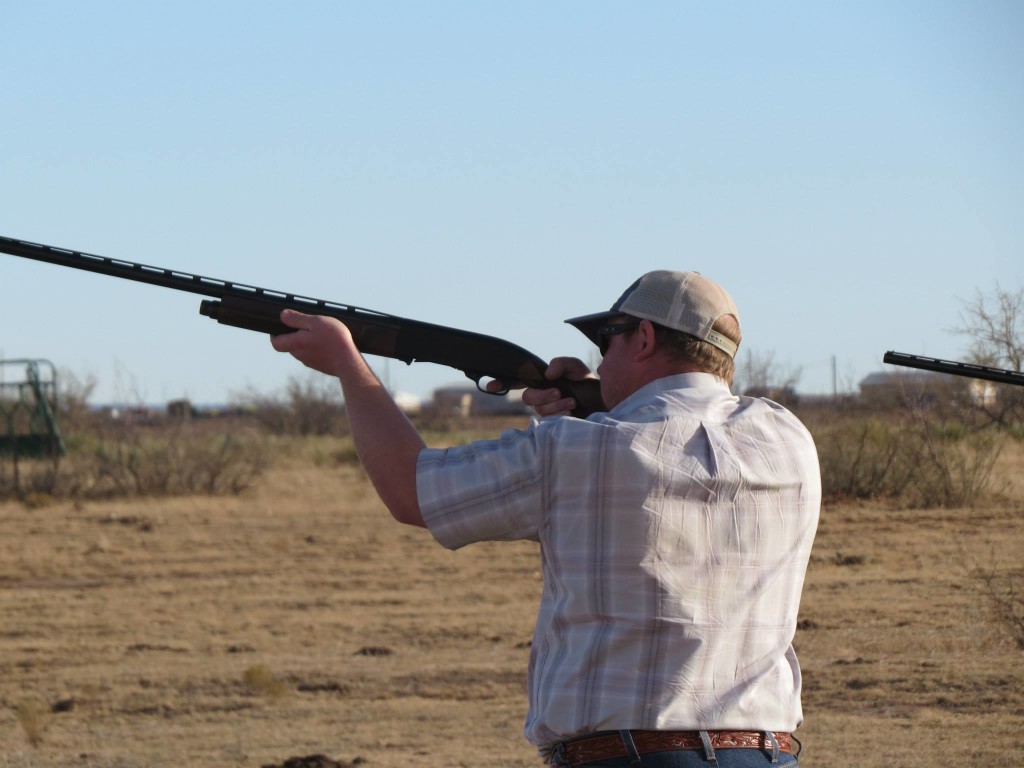You may recall from this prior Weekly Round Up post that a federal lawsuit has been filed in Kentucky seeking to adjudicate rights of drone operators versus neighboring landowners.
Today, we will take a closer look at details from that suit.
Background
In July 2015, Mr. Boggs was flying his drone for recreational purposes near his home in Kentucky. His drone contained an onboard camera that could capture video and photographs. After about two minutes of flight, Mr. Merideth shot down the drone with a shotgun.
Mr. Boggs claims that his drone was flying approximately 200′ above ground and offers photos and video captured by the camera as evidence of this. He also argues that the photos and video captured show no recording of any persons on Mr. Merideth’s property. Instead, Mr. Boggs argues, the images captures are of the horizon, woods, and rooftops of various houses. The Complaint contains the last photo taken before the drone was shot down.
Mr. Merideth, on the otherhand, claims that the drone was flying much lower and was capturing images of his daughter while hovering above his property.
Criminal Lawsuit
After the incident, Mr. Merideth was charged with wanton endangerment and criminal mischief, felonies under Kentucky law. In October, a district judge dismissed the criminal charges, finding that Mr. Merideth had the right to shoot down the drone.
Federal Civil Lawsuit
The instant case was filed by Mr. Boggs against Mr. Merideth in federal court for the Western District of Kentucky in January 2016. Mr. Boggs makes several legal arguments. Because this is one of the first drone lawsuits we have seen, I think looking at each of these claims is useful. [Read full Complaint here.]
- Mr. Boggs argues that the US Government has sole sovereignty over US airspace and that such airspace is not subject private ownership. Based on this theory, Mr. Boggs argues that if Mr. Merideth did not own the airspace above his property, Mr. Boggs’ drone was not trespassing.
- Mr. Boggs argues that even if the drone had viewed Mr. Merideth’s property from the air, this did not violate Mr. Merideth’s reasonable expectation of privacy. He relies upon the US Supreme Court decisions related to the 4th Amendment search and seizure provision that say a person does not have a reasonable expectation of privacy in the area surrounding his or her home when viewed from above in plain sight.
- Next, Mr. Boggs argues that federal law provides that anyone who “sets fire to, damages, destroys, disables, or wrecks any aircraft in the special aircraft jurisdiction of the US or any aircraft used, operated, or employed in interstate, overseas, or foreign air commerce” is guilty of a felony. Although the law does not allow for a civil suit under this statute, Mr. Boggs argues that the intent of the statute makes clear that it applies to drones and would undercut the Kentucky court’s ruling that Mr. Merideth had the right to shoot down the drone.
- Mr. Boggs also argues that there is no Kentucky law that allows for any “self help remedy” in response to trespass. Instead, a trespasser may be subject to civil or criminal prosecution.
- Finally, Mr. Boggs argues that by damaging his drone that was lawfully flying, Mr. Meredith committed trespass to chattels (meaning he impaired the property by reducing value, condition, and quality of the drone) and, therefore, Mr. Boggs is entitled to damages.
Based on these arguments, Mr. Boggs seeks a declaratory judgment finding the following:
- A drone is an “aircraft” under federal law.
- A drone operating as it did in this situation is operating in “navigable airspace” and is solely under the jurisdiction fo the US.
- The Plaintiff’s aircraft in this situation was not in the Defendant’s property.
- The operation of the aircraft in this situation did not violate Mr. Merideth’s reasonable expectation of privacy.
- A property owner cannot shoot a drone operating in navigable airspace when the aircraft is operating in the manner it was in this case.
He also seeks damages for his drone under his trespass to chattels theory in the amount of $1,500.
Take Away Points
The key message with regard to drones and private property rights is that the law is not settled on many of these questions. I frequently tell people at presentations that one day, there will be a lawsuit that answers these questions, and you do not want your last name to be included in that lawsuit! There are certainly potential legal claims that could be brought against a drone owner if it is flying over private property, and there are also legal claims that could be brought against a person who attempts to shoot down a drone. This lawsuit shows an example of the typical issues that arise in these situations. For more information on drones and private property rights, check out Part I and Part II of our blog series on this topic.












